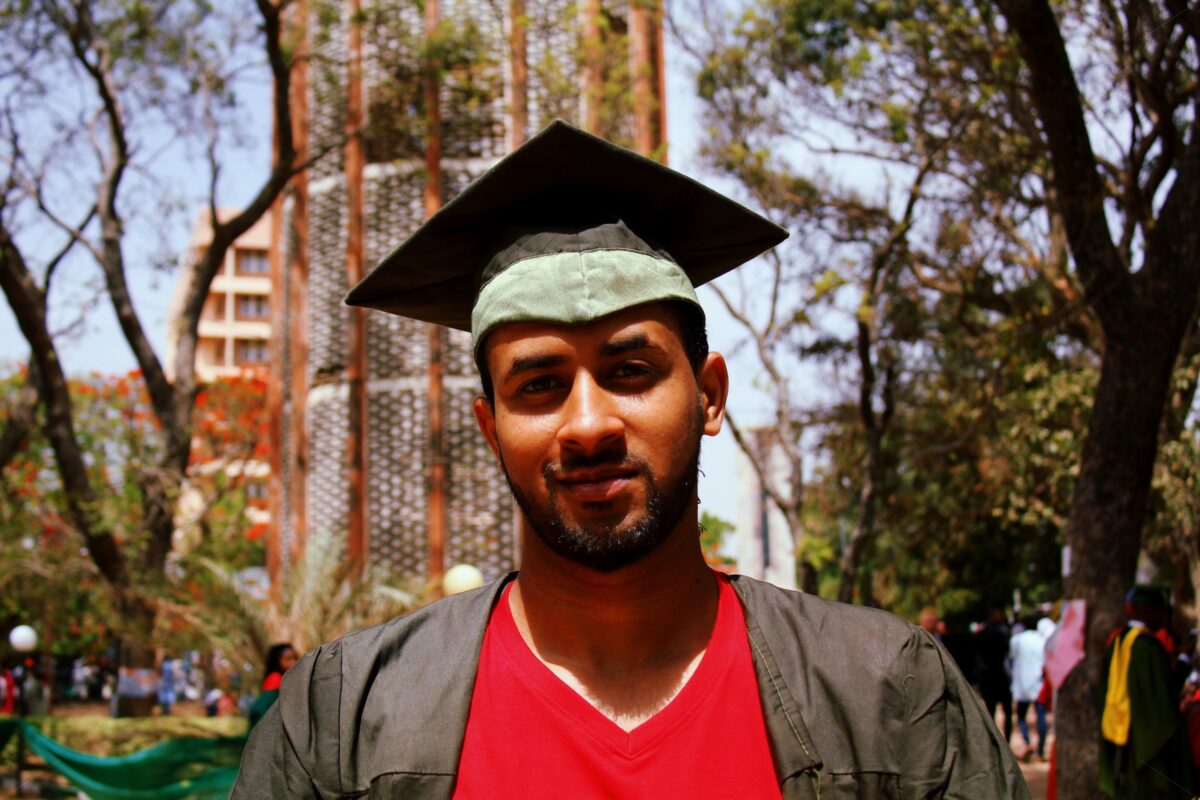
Of all the years to be a job-seeking graduate, 2020 might be the toughest yet. Uncertainty faces almost every industry and mass job losses loom. If you are looking to start your career, you could be forgiven for assuming the worst for your earning potential. Despite how it may seem, though, your earning potential need not take a hit. In fact, by boosting your human capital, you will achieve your highest possible earning potential across your lifetime.
What is human capital?
There have been lots of different definitions of the term over the last few decades. However, what it essentially boils down to is your intangible assets as an employee. This includes your education, knowledge, skills, and ability to learn, to name just a few. Higher human capital means you have greater potential to earn more in the future, increasing your individual net worth.
In recent years, more and more value has been placed on human capital by employers. This is largely down to the recognition that viewing their employees as assets to the business leads to greater organisational success. In fact, the evidence of this is so compelling that the professional human resources governing body CIPD published a report about it in 2017.
Their findings showed that investing in human capital was hugely beneficial to the individuals themselves. It improved their performance and employee development. Interestingly, it also gave the organisation a competitive advantage in their industry.
If applied on an individual level, it’s clear that investing in your own human capital will benefit you and the companies you work for. In doing so, you’ll become a much more attractive proposition to an organisation not just this year, but throughout your lifetime.
Here are some things to consider that could improve your own human capital.
Should you get a master’s degree?
An obvious way to increase the value of your human capital is to pursue more advanced education programmes. With such a vast range of modalities for study available, additional qualifications are more accessible than ever. But before clicking Enrol, make sure you’ve considered how this specific course or programme will increase your human capital.
There are lots of different sums you can do to calculate whether the programme will benefit your earning potential. Questions you could ask include:
— Will this qualification make me eligible for a higher salary afterwards?
— Does this qualification relate to my chosen field?
— Will this improve my knowledge of another sector to supplement my existing income?
Is it possible to study in your spare time alongside paid employment?
How to thrive in a knowledge economy
We work in a knowledge economy, meaning income is generally based on what you know instead of what you make. If you can cultivate expertise in a specific subject (also known as thought leadership), your earning potential in that field explodes.
To achieve this, all you need to do is publish regular, relevant content on your chosen subject. This could be in the form of a blog, LinkedIn posts, or videos. Building an audience using content will expand your network, a key component of increasing your opportunities for income. It will also make you very attractive to potential employers. They will already have you in mind when recruiting into a role requiring your level of expertise.
Whether you publish on your degree subject, or something in an entirely different sector, thought leadership is only going to benefit you long-term.
Soft skills earning you hard cash
There’s a lot more to human capital than skills and qualifications. The way you think, work, and take care of yourself also play a role.
Consider two people with exactly the same qualifications and experience being interviewed for a job. The first interviewee is dressed in a smart suit and they speak confidently. They’re energised despite it being an early morning interview. The second interviewee enters in a mismatched shirt and trousers. They’re yawning and get flustered by basic questions about their skills and their CV.
To stand a chance of being that first interviewee, heed the cautionary tale of the second interviewee. Consider how you present yourself to potential employers. Build your confidence speaking to new people if shyness holds you back. Take pride in your appearance and your health by eating a balanced diet, exercising regularly, and getting enough sleep. All of these things work together to build your human capital.
How can human capital be measured?
While human capital is more tricky to measure than financial net worth, there are lots of resources online that offer suggestions for how to do this. Ultimately, the greatest measure of your human capital will be in the gains you make in your career.
Here are some other recent articles we think you might be interested in?
No emergency fund? Start one now
Pension saving — the sooner you start the better
What does your financial wellbeing look like?









